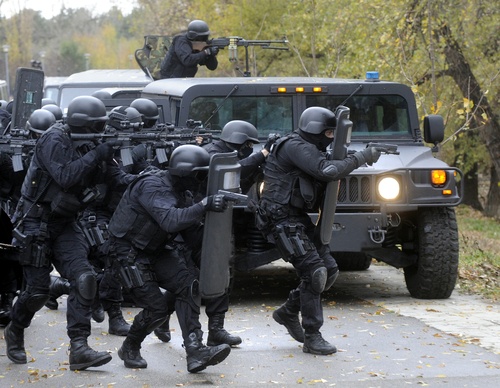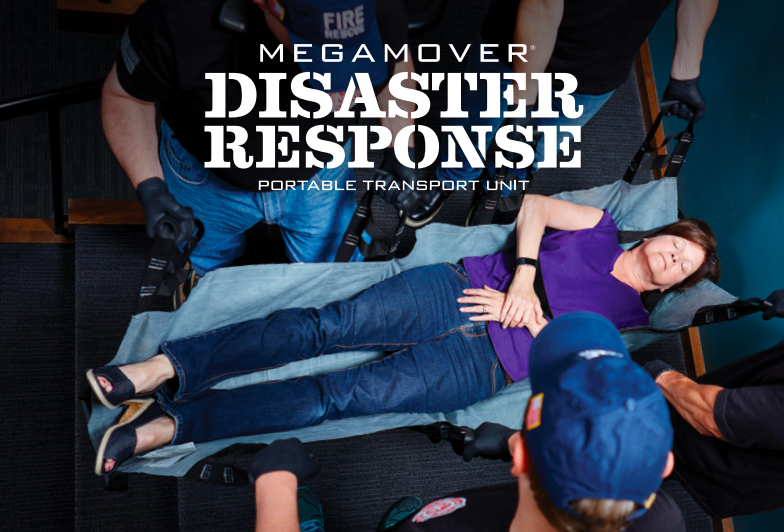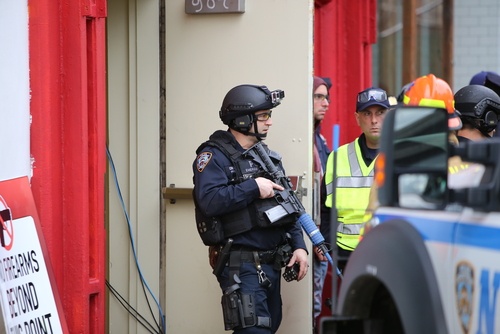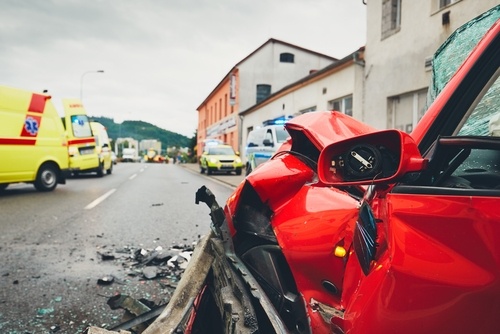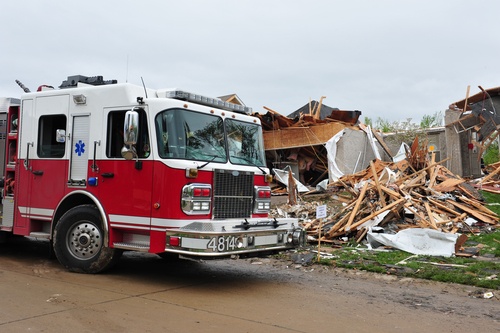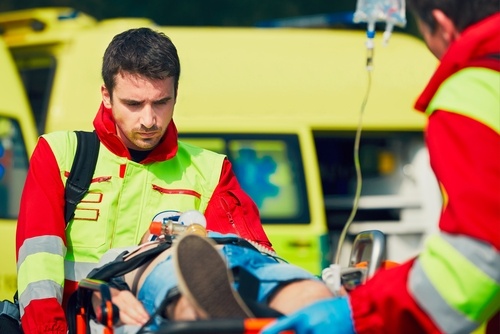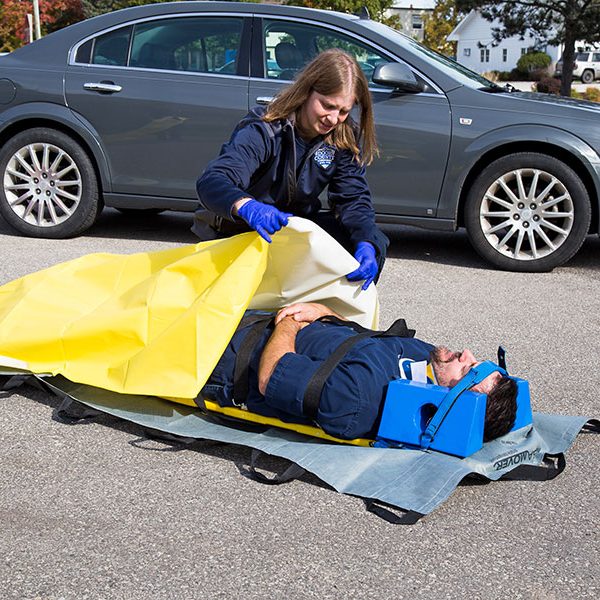The FBI recently reported that there were 30 active shooter incidents in the U.S. in 2017, up from 20 in 2016. These FBI statistics show that there's an upward trend in the number of incidents each year, with 2018 being no exception. Because the number and severity of these incidents are increasing, it's imperative you consider what to do if faced with an active shooter incident.
Topics: EMS
New Product Highlight: Disaster Response MegaMover®
The CDC lists multiple natural disasters such as earthquakes, landslides and mudslides, volcanoes, tornadoes, floods, hurricanes, wildfires, and winter blizzards. Each of these events can have mass casualties with high numbers of wounded. Combine these natural incidents with man-made scenarios such as auto pile-ups, building collapses, terrorist bombings, and mass shootings and it's clear that emergency personnel must prepare for a myriad of scenarios.
Topics: MegaMover®, EMS
Topics: MegaMover®, EMS
Preparing for Higher Summertime Traffic Incidents
Many drivers think they are in the most danger during the winter months. It makes sense that the danger would increase when the days are shorter and the roads can be icy and slick. This misconception can lead to false feelings of safety when the weather is nice and sunny. In actuality, it is during the summer months when drivers and their passengers are at the highest risk of being in an accident.
Topics: EMS
Summertime Trauma: 5 Common Emergency Care Events
Topics: EMS
For many, there appears to be an onslaught of natural disasters happening in countries on the other side of the globe as well as our own backyards. It doesn’t matter how you get your news updates—you can watch it on TV, scroll through a website online, or turn to a podcast—natural disasters are reported across the globe and appear more to be frequent than in past years.
Topics: EMS
When we think of emergency personnel, a number comes to mind. 1st on the scene, 1st to respond, 1st line of defense. These number ones reflect the vital roles played by police, firefighters, EMTs and paramedics. Seen as figures of authority, strength, and bravery in our communities, our first responders can seem invincible.
Topics: EMS
First Responder PTSD Support: Florida Leads the Way
Post Traumatic Stress Disorder (PTSD) can be a serious issue for many first responders. This Washington, DC newscast references a University of Pheonix commissioned survey which reports that 80% of firefighters experienced exposure to a traumatic event, and the numbers for police and EMTs is even higher with over 90% reporting exposure to trauma. This extensive trauma exposure has consequences, with 33% of first responders surveyed reporting that they had been formally diagnosed with a mental health disorder, such as PTSD. Florida has recently passed legislation to help deal with this issue.
Topics: EMS, EMS Health
EMS Patient Transport Protocol: Unstable Vital Signs
In an ideal world, all patients would be transferred to critical care facilities after being safely stabilized by EMTs at the scene. Unfortunately, we don't live in an ideal world. Many times EMT providers are forced to transport unstable patients under less than ideal conditions.
Topics: EMS
Traumatic Shock and the Use of EMS Blankets for Patient Care
The “trauma triad of death” is well known to EMS professionals. Sometimes referred to as “the lethal triad”, it consists of hypothermia, coagulopathy and acidosis occurring in victims who have experienced multiple trauma.
Topics: EMS, EMS Blankets, medical blankets

